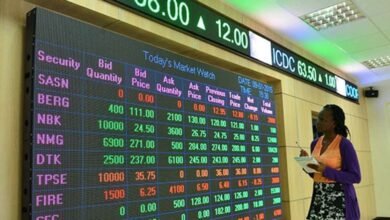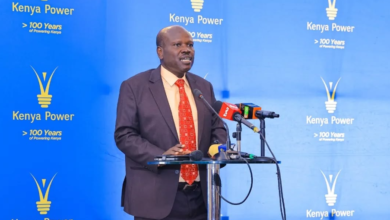
The Kenyan Shilling has been projected to weaken this year as analysts foresee an increase in oil prices this year.
According to economic analysts who spoke to Metropol TV, the Shilling is expected to trade within the 100 to 104 shillings band.
Churchill Ogutu, a senior research analyst at Genghis Capital, has said an uptick in Kenya’s oil import bill will pile pressure on the Shilling.
“We expect the shilling to be supported by remittances inflows, tourism receipts, reduced government capital expenditure and lower external debt obligations and forex reserves.” said Ogutu.
Edwin Chui, who is the Head of Research and Strategy at Dyer and Blair Investment Bank holds a similar view.
He says, “We expect the shilling to weaken due to an uptick in oil import bill which will inevitably exert pressure on the Shilling.”
But other analysts hold a different view. According to Johnson Nderi, the Corporate Finance and Advisory Manager at ABC Capital, the shilling’s weakness will be largely influenced by how the National Treasury will strike a balance between its expenditure and taxation measures.
Nderi said, “We expect the Shilling to weaken. The weakness is expected to come from dominance of Fiscal Policy over Monetary Policy.”
Nderi adds that Kenya’s economic growth outlook is also likely to weigh further on investor sentiment towards the shilling.
He says, “Kenya’s economic conditions in 2020 will be just as challenging as 2019, with some firms expected to adapt to the hardships of 2019.”
According to Churchill Ogutu, firms are likely to undertake further layoffs this year. He said, “Layoffs by firms will compound to sluggish or reversal of long-term investment plans, further denting consumption.”
He added that continued non-settlement of private sector arrears by both national and counties will be a major strain.
However, the World Bank has projected that Kenya’s GDP will grow by 6 percent this year up from 5.8 percent in 2019.
The achievement of this GDP growth rate will, however, depend on the recovery of the agriculture sector, which faced strong headwinds in 2019 arising from erratic weather conditions and weak commodity prices.





